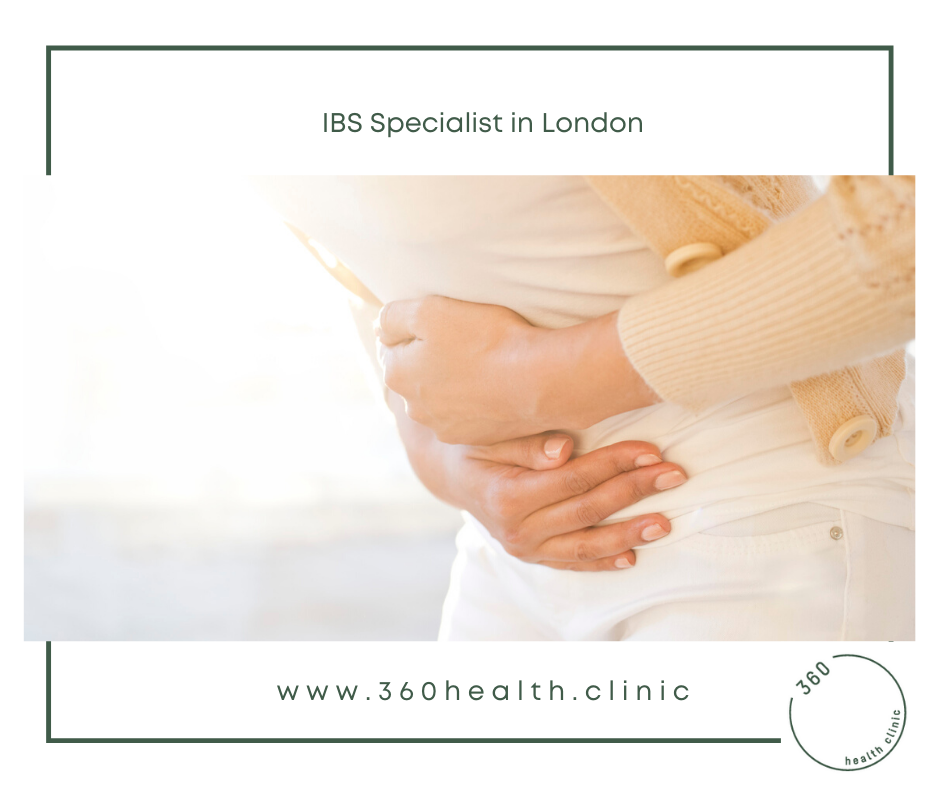360 Health Clinic
7 IBS Relief Tips that Everyone can Follow

Unlike many other health issues, those struggling with Irritable Bowel Syndrome (IBS) usually don’t experience relief from a single medication. And while some medications can reduce the discomfort, there is also the fact that there are some better strategies to employ instead which can work better.
If you are someone who has had issues with IBS, then you should read on for some expert advice on ways to counter the symptoms:
- Heat is good – a heating pad or a bottle full of hot water is equally advantageous in such a situation. Applying heat to your stomach when you are having an IBS flare-up is a great way to reduce the severity of the pain and discomfort you feel. It is a good idea to place one or two layers of clothing between the pad/bottle and your skin to prevent any burn. Warmth has a nice psychological effect on pain relief.
- Create a food diary – sometimes you eat a certain type of food, and you feel fine. Some other time you eat the same food, it spikes up your pain, leaving you to wonder why. One way to keep track of your symptoms is to create a food diary. You can list what you are eating, whether you feel any pain and what circumstances there are when your IBS symptoms flare-up. Note what foods you eat and factors like stress, sleep, whether you are on your period, etc.
- Take a sip of soothing tea – another way to ease the symptoms of IBS is to take a glass of relaxing tea. Herbal teas are a great way to help with pain and discomfort. Peppermint, anise and fennel teas are excellent, with many people reporting feeling better after drinking some because it has a soothing effect on the digestive tract.
- Find out what you should and should not eat – food is a significant contributor to the problem that is IBS. And you should find out what food triggers your symptoms to avoid it. An elimination diet is a good way of achieving this goal. It means avoiding certain foods for several weeks to assess your condition in the meantime. After that, you add one food at a time to see which of these foods can be a trigger. Once again, keeping a list of foods that trigger symptoms is highly recommended.
- Increase fibre intake – fibre will not necessarily make IBS symptoms worse, according to the doctor. This is especially the case with dietary fibre in vegetables, fruit and grain. These foods are pretty essential to your digestive health. Ensure you eat more soluble fibre, such as peas, apples, beans, citrus fruit and oats. Some people experience issues with bran, so be careful with that. And remember to increase your fibre intake to see how you feel slowly.
- Change your eating habits – changing your eating habits could also prove helpful in improving your diet. For example, you should create a regular eating schedule and stick to it. Make sure you eat slowly and chew your food well. It is better to go with smaller meals, compared to overindulging.
- Relaxation techniques work well – another thing to try is to reduce stress with some relaxation techniques. Meditation and mindfulness are great examples of practices you can get into the habit of dealing with daily stress and the issues of IBS.
Knowing how to deal with IBS is very important on many levels. With the tips above, you can better control and reduce your symptoms.

